Chris Jones
Entertainment Editor
Chris Jones, from Washington, Illinois, is the Mail Entertainment Editor covering Movies, Television, Books, and Music topics. He is the owner, writer, and editor of Overly Honest Reviews.

JAPAN’S DON (YAKUZA SENSO: NIHON NO DON) opening sets the tone for the entire trilogy. This isn’t a saga interested in just gunfire or chaotic turf wars. It’s interested in leverage. In favors. In how power migrates from alleyways to boardrooms and back again. Screenwriters Koichi Iiboshi and Koji Takada adapted the themes and focus of the American GODFATHER films to fit Japanese yakuza culture.
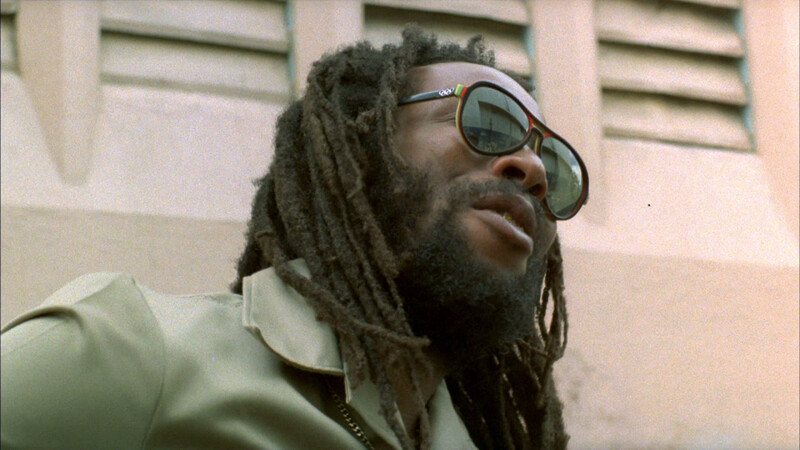
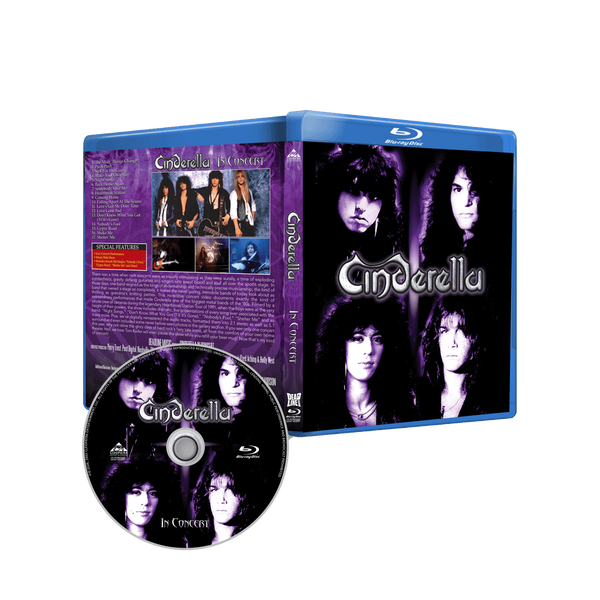
CINDERELLA – IN CONCERT captures a band doing exactly what it was built to do, playing loud and playing like it has something to prove. Filmed during the Heartbreak Station tour in 1991 and later edited into this concert film, the release functions less as a novelty and more as a document of a group operating at full force. This isn’t a behind-the-scenes profile or a career retrospective. It’s a straightforward performance showcase, and that restraint turns out to be one of its biggest strengths.
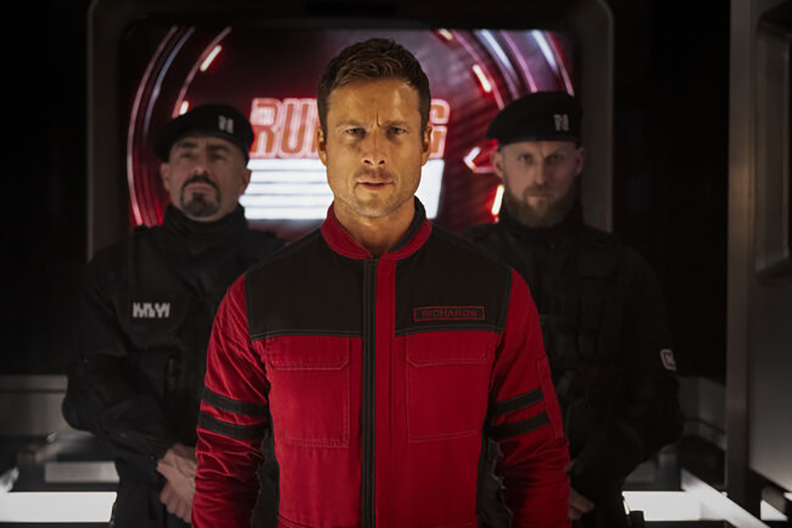
THE RUNNING MAN arrives with pre-set expectations baked into its DNA. It’s a remake, a Stephen King adaptation, and an Edgar Wright project, three things that almost demand radical reinvention and/or unapologetic excess. Instead, what this version delivers is something more cautious and more conflicted. It wants to modernize the premise, focus on the class commentary, and smooth out the pulp-cult vibes. Yet, it never fully commits to being as vicious, unhinged, or confrontational as its concept allows. The result is an entertaining, often thoughtful, but ultimately restrained dystopian thriller that feels like it’s holding something back.
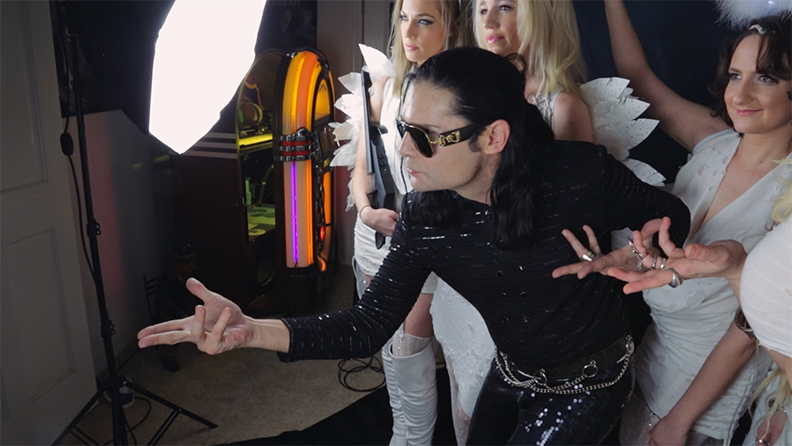
COREY FELDMAN VS. THE WORLD doesn’t force your hand in deciding who Corey Feldman is and what his legacy ultimately will be. It doesn’t ease you in, doesn’t soften the edges of its focus, and doesn’t check in to see if you’re comfortable. It places you inside a reality and leaves you there long enough for patterns to form on their own. That patience is its most defining quality, and also the reason it hits as hard as it does.
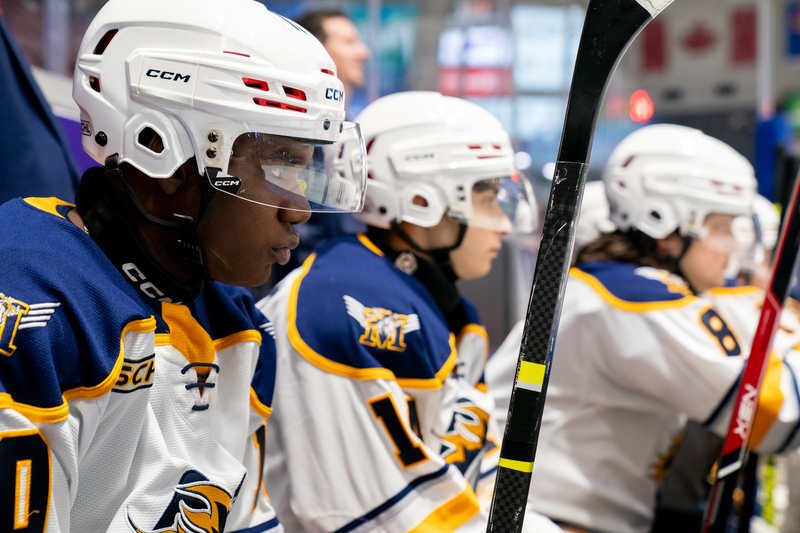
YOUNGBLOOD understands exactly what kind of movie it is. This modern reimagining of the 1986 cult hockey drama reframes the story through a more contemporary lens, placing less emphasis on swagger and more on consequence. Dean Youngblood is still a prodigy, still volatile, still gifted enough to make enemies before he ever earns trust. What’s different is how seriously the film examines the damage that kind of upbringing causes.
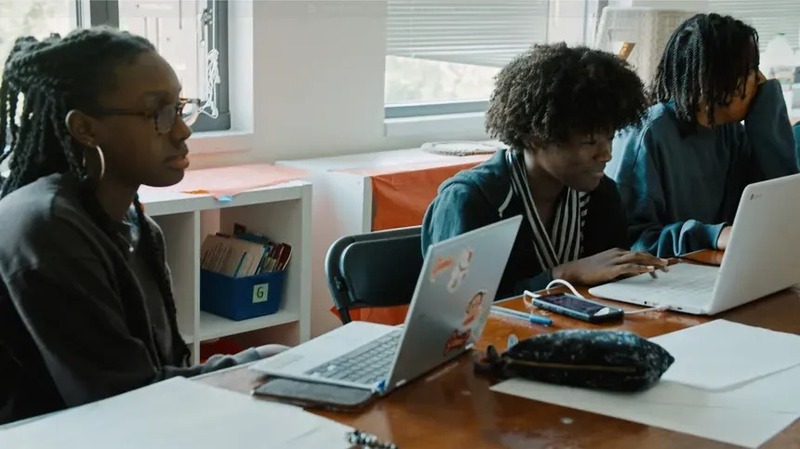
IMMUTABLE doesn’t pretend that debate is some offbeat extracurricular. It treats it like what it actually is for the students at its center, a core lifeline. By following participants in the Washington Urban Debate League over multiple seasons, the documentary positions debate not as an academic game but as a survival skill. These students aren’t just learning how to win arguments. They’re learning how to navigate systems that were never designed to work in their favor. From the outset, the film makes it clear that what’s at stake extends far beyond trophies or rankings.

Dolly Paige stars as the stepdaughter who gets caught trying to sneak back home at sunrise. The initial confrontation feels natural enough, with the stepdad catching her in a flimsy dress and a thong, calling her out on a night of partying. The dialogue is direct and pushes the narrative forward without wasting time. Dolly Paige does a good job of playing the part; she’s convincing as the slightly defiant, slightly nervous daughter trying to talk her way out of trouble. The stepdad’s aggressive tone establishes the power dynamic early, and it doesn’t let up.
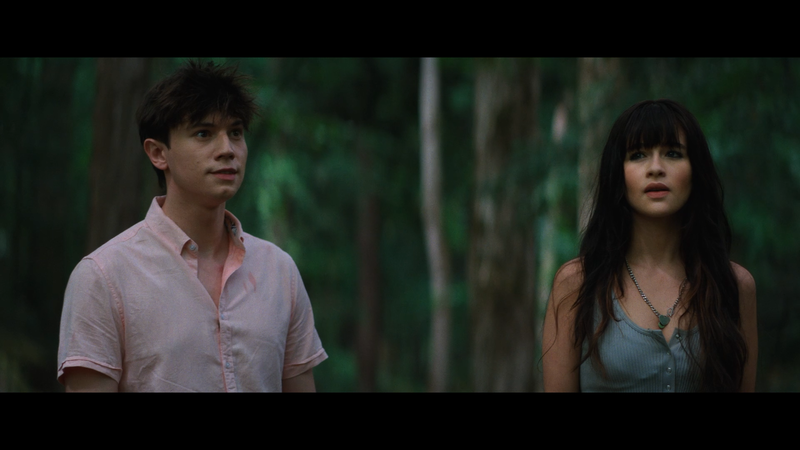
THE HERMIT wastes no time telling you exactly what kind of movie it wants to be. A remote cabin. Teenagers who’d rather be anywhere else. A gigantic cannibal pig farmer who doesn’t just kill, he processes. It’s blunt, stripped-down backwoods horror that leans into its own absurdity without quite tipping into parody. The central hook is obvious and deliberate: Lou Ferrigno stepping into full-on horror-villain territory. Ferrigno’s physical presence has always done most of the heavy lifting for him, and that’s exactly what this film understands. The Hermit isn’t meant to be psychologically complex. He’s meant to feel imposing, inevitable, and almost monstrous in a way that recalls older exploitation-era slashers. Ferrigno doesn’t overplay it. He moves slowly, deliberately, like a man who knows no one on screen can realistically overpower him. That confidence becomes character.
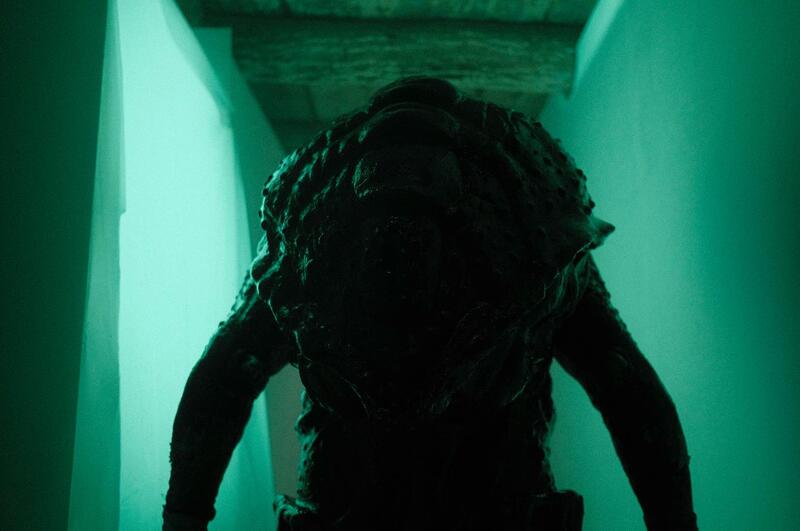
GOD OF FROGS is built around a simple, unpleasant idea: what if an ancient hunger didn’t just survive, but fed on time itself. Instead of anchoring itself in a single era or set of characters, the film spans decades, returning every 25 years to the same creature and the same cursed lineage. IT is an anthology horror film that wants its creature to feel inevitable rather than surprising, less a jump scare than a recurring infection that adapts to its surroundings.
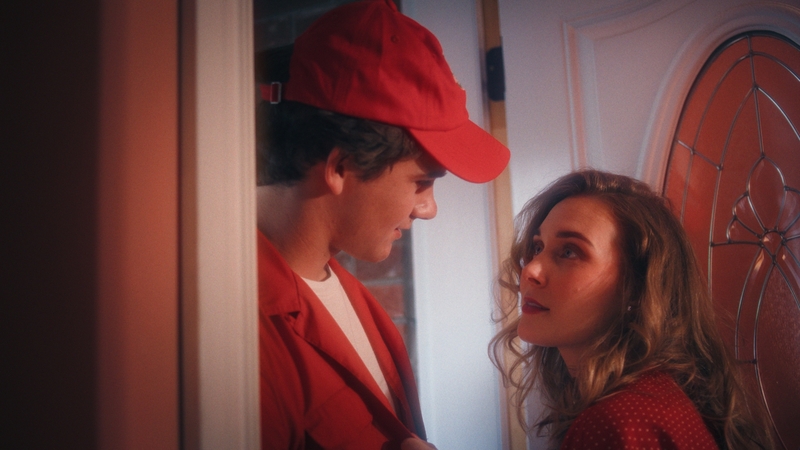
ALL IS FINE IN ’89 opens with a deceivingly comforting idea, one last high school party before the decade closes, before adulthood officially takes hold, before the outside world demands more than swagger and flirting in hallways. It shines with the aesthetics of late ’80s coming-of-age stories, but it doesn’t stay there. This isn’t a movie content to bask in nostalgia or the reassuring familiarity of its genre's classics. It’s a film about transition, about the exact moment when optimism starts to feel dishonest and pretending everything is fine becomes a form of avoidance.
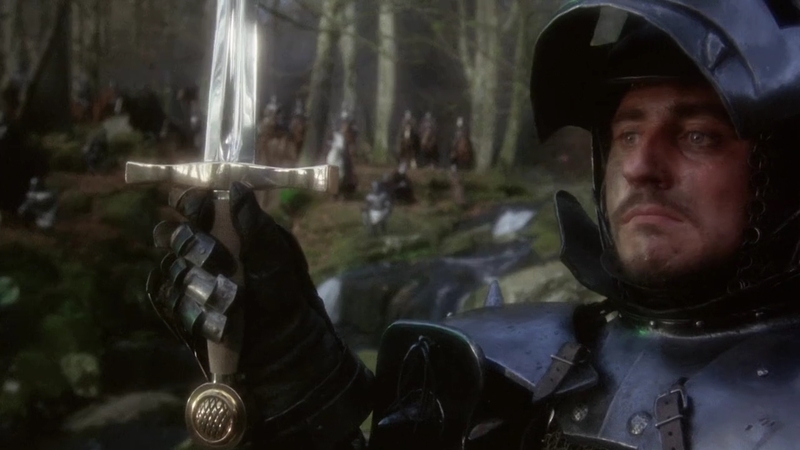
What does power look like when it’s born from hunger rather than wisdom, and what happens when the myth built to sustain it can no longer hold? EXCALIBUR presents a film that isn’t just an adventure but also a warning, and it never fully lets go of that tension. This isn’t a comforting tale of destiny fulfilled. It is a feverish, often abrasive retelling of the Arthurian legend that treats myth as something volatile, unstable, and deeply human.

SIX STARS wastes no time asking your permission. It begins in motion and stays there, operating with the confidence of something that knows exactly what it wants to confront and refuses to soften the blow. At seven minutes, it doesn’t have the luxury of easing you in, and it doesn’t try. Todd Wiseman Jr. builds the film like a controlled detonation, one idea, one trajectory, no exits. The result is a short that doesn’t feel abbreviated so much as compressed, dense with intent and stripped of anything that might dilute its focus.
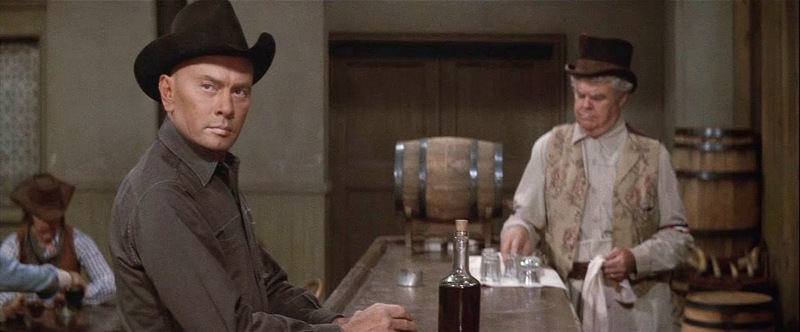
What happens to make-believe when the safeguards put in place to maintain it suddenly stop working? WESTWORLD begins with luxury and the idea that anything is possible, and then steadily takes each of those things away, to the point where the very idea of being in control starts to seem like an illusion. Michael Crichton’s first time directing a film doesn’t spend any time preparing the audience. Delos is shown as a place for rich people to play, a place where harm has supposedly been done away with. Visitors can drink, kill, have sex, boss people around, or act out fantasies without any trouble, as the robot ‘hosts’ are made to take the harm and just reset. The offer is deliberately appealing, and Crichton knows the film will only work if people first accept the attraction. WESTWORLD doesn’t warn you right away; it invites you to come in.
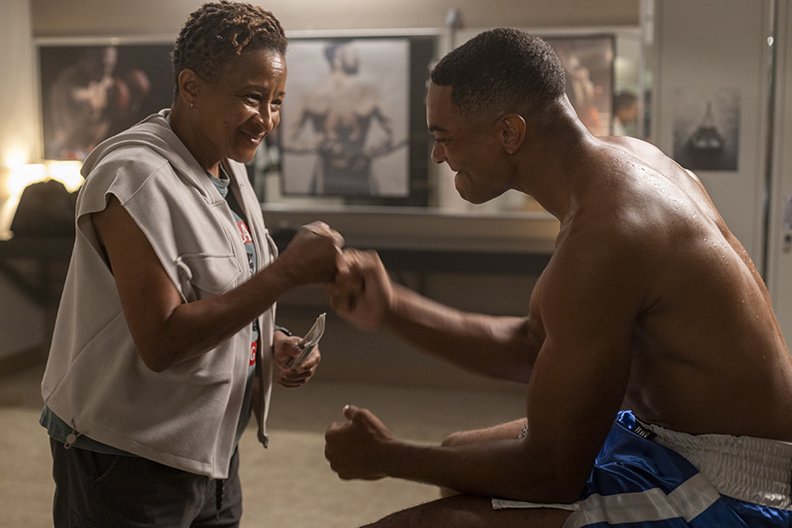
What does redemption cost when the person you’d need to be forgiven by has every reason not to forgive you? UNDERCARD isn’t interested in handing out simple answers, and it’s this refusal which, in the end, gives the film its strongest moments. The basic idea is one we’ve seen before, with a former boxing champion, now a trainer, and in recovery from alcoholism, goes back into her grown-up son’s life after time away. He’s skilled, but doesn’t apply himself, and is with people who want to make something of his ability, people who’ll take advantage. She thinks this is one final chance, not just to make someone a fighter, but to fix what she broke. But UNDERCARD isn’t, first and foremost, a sports story about someone making a comeback. It’s a story about facing up to what you’ve done, which just happens to be set in and around a boxing gym. This is how the film keeps itself from being a one-dimensional copy of a redemption story.